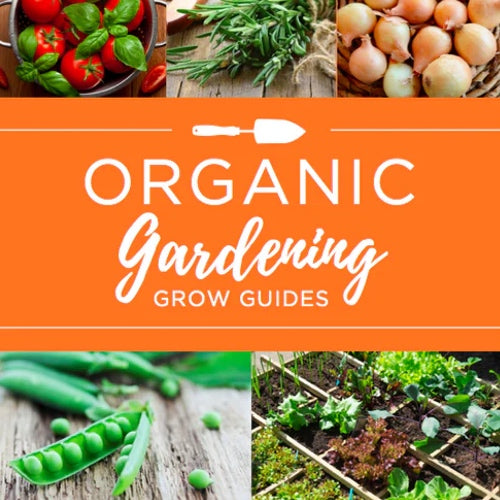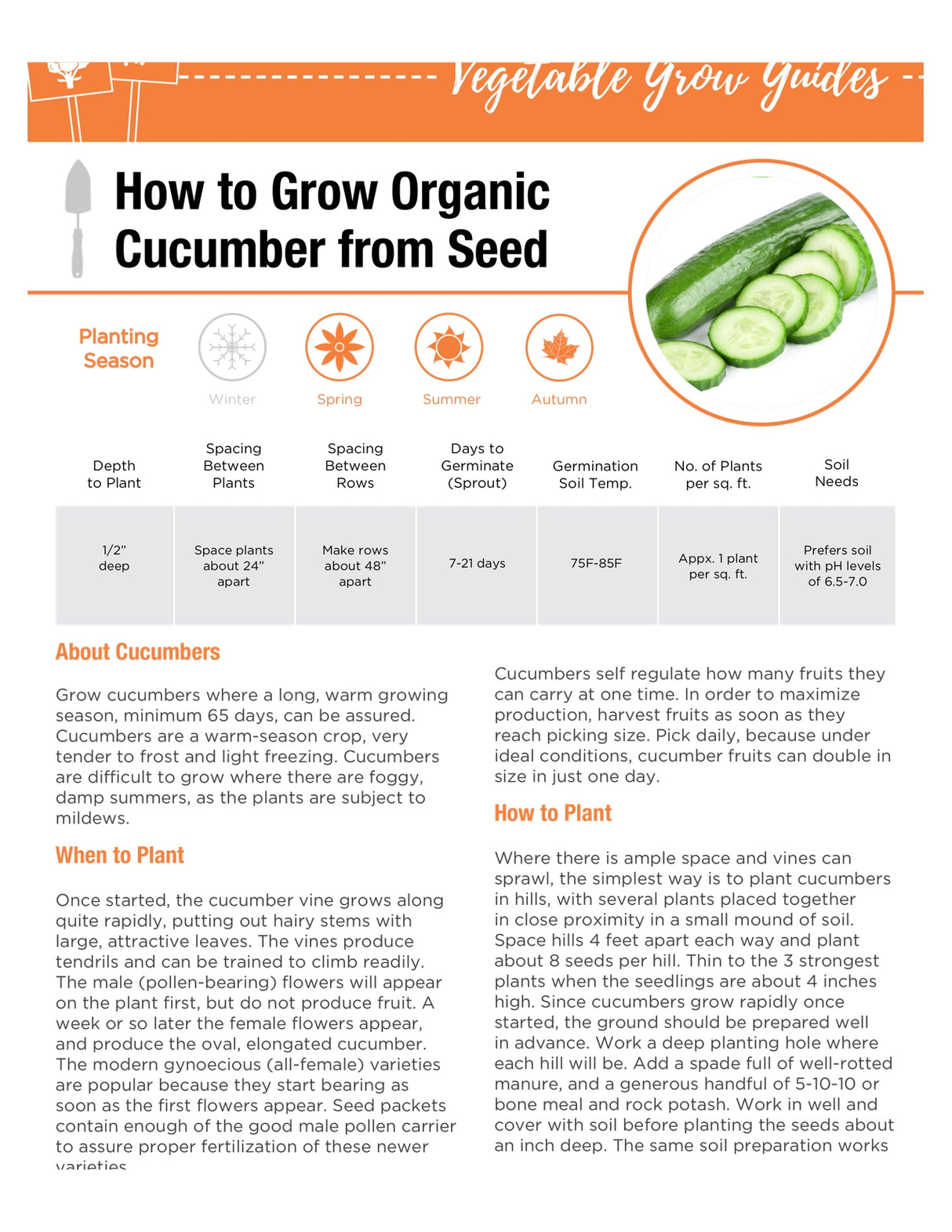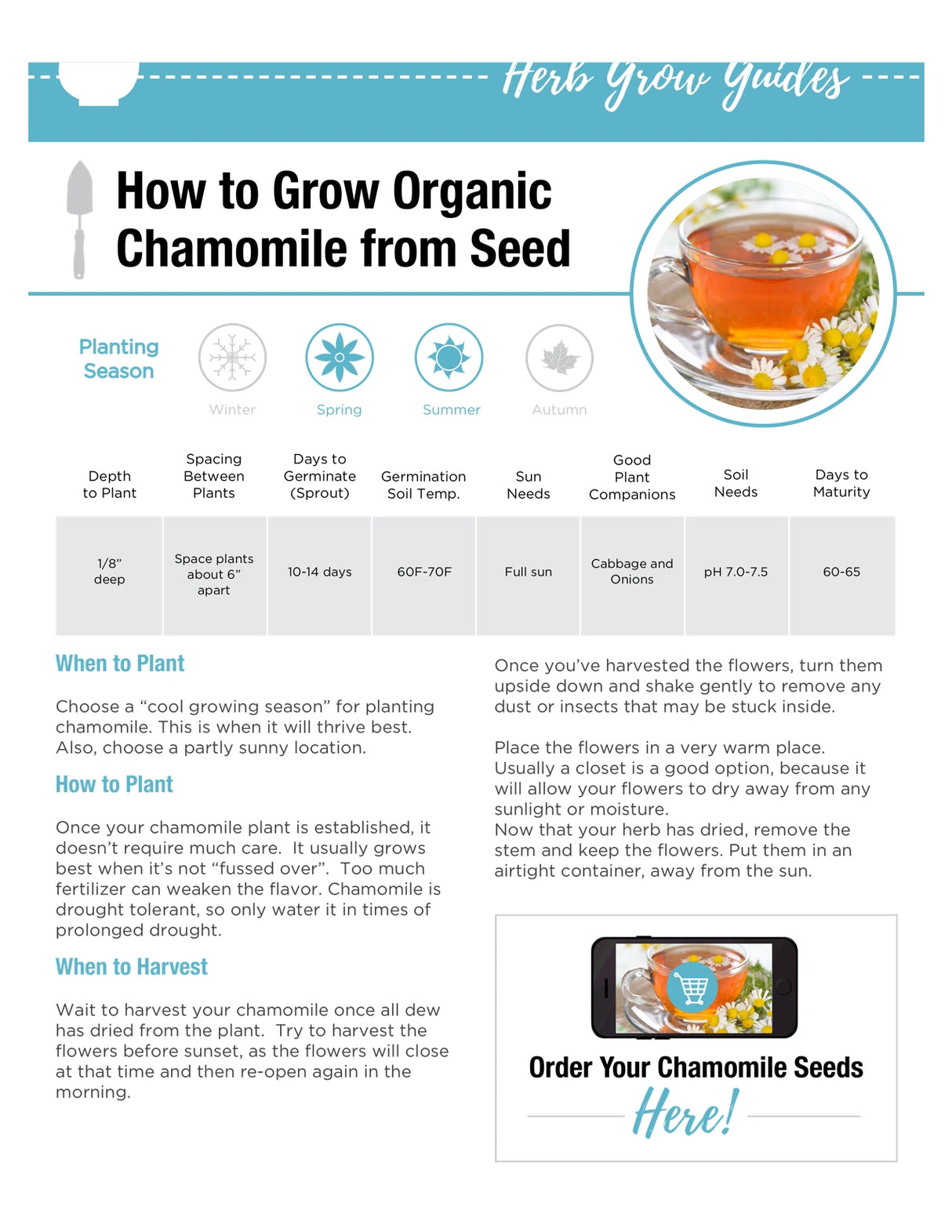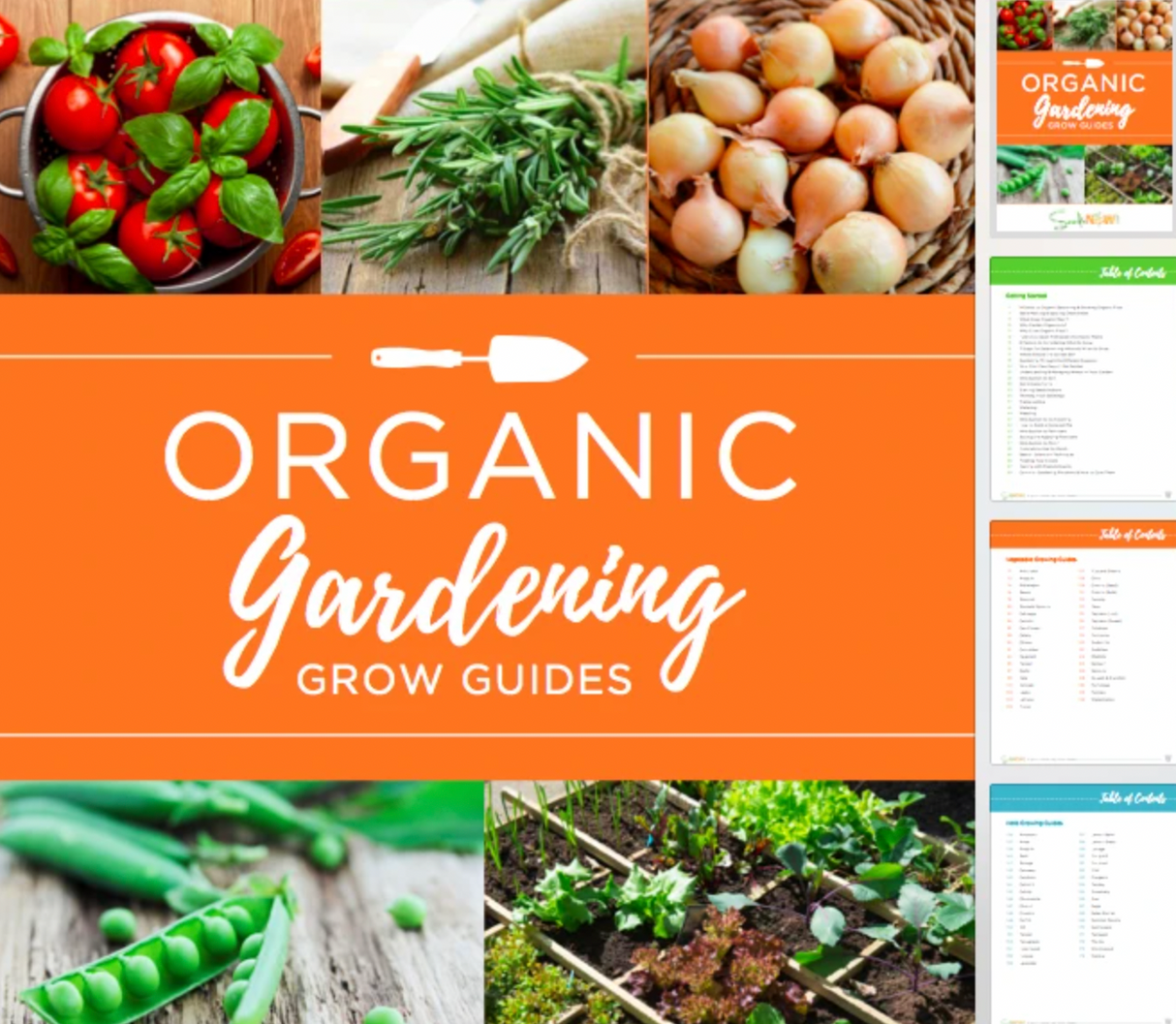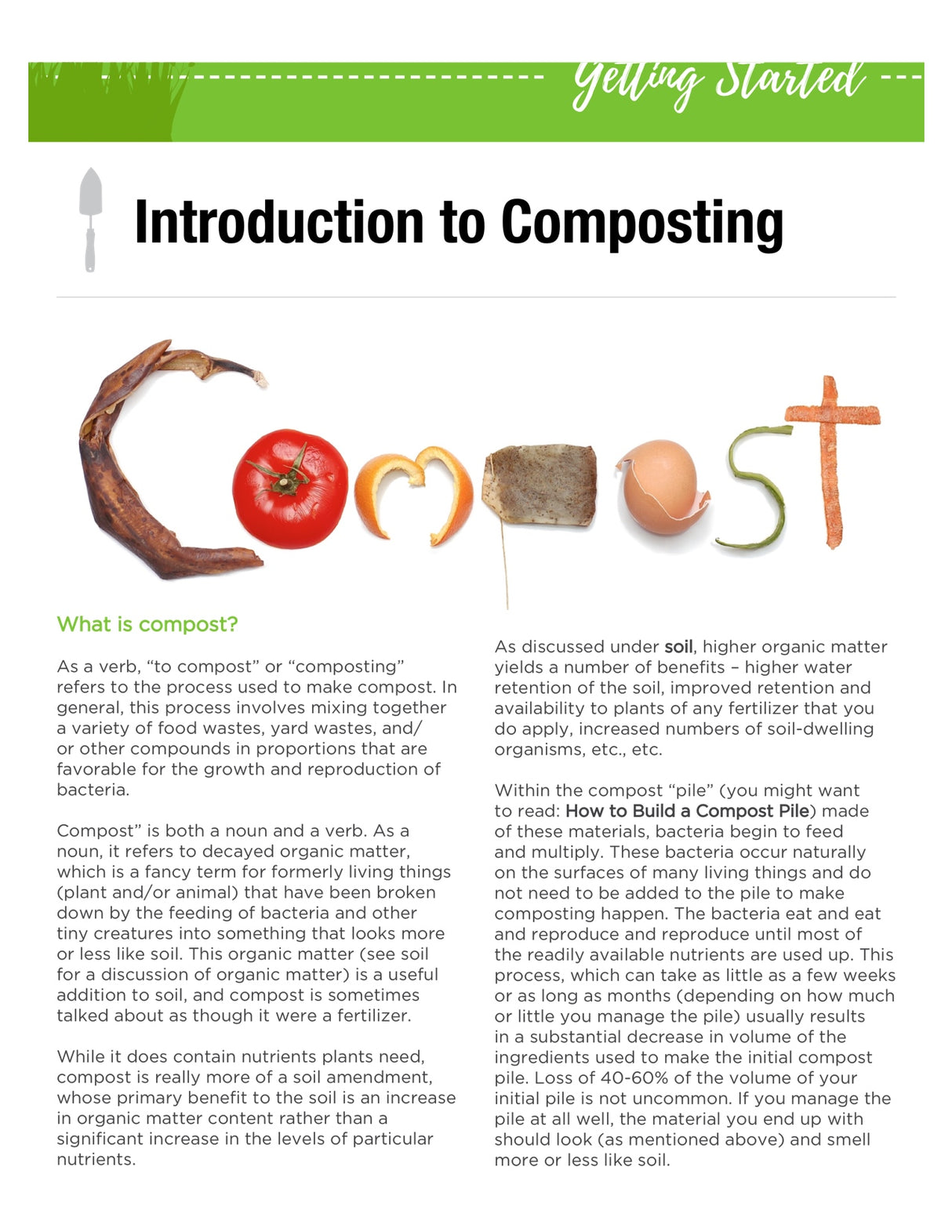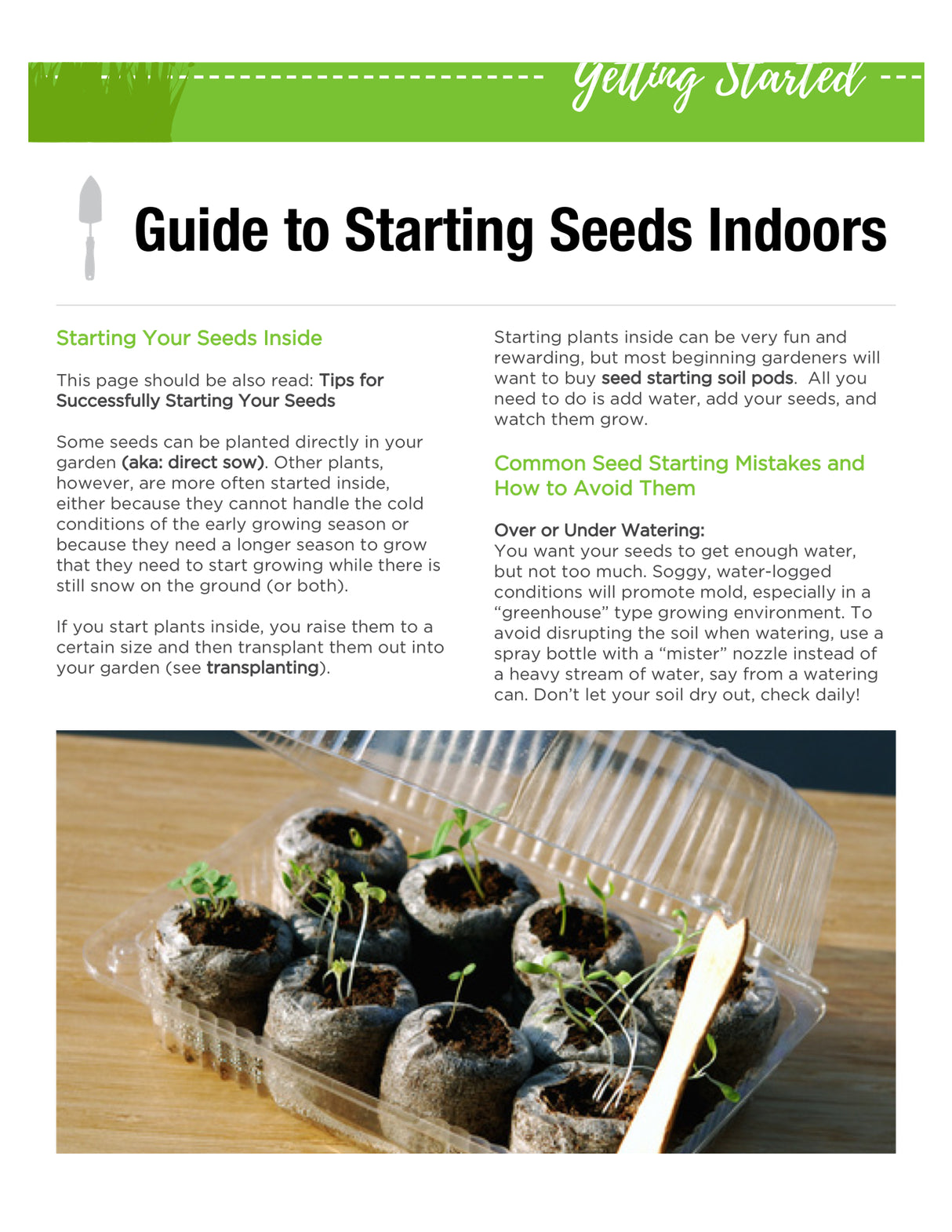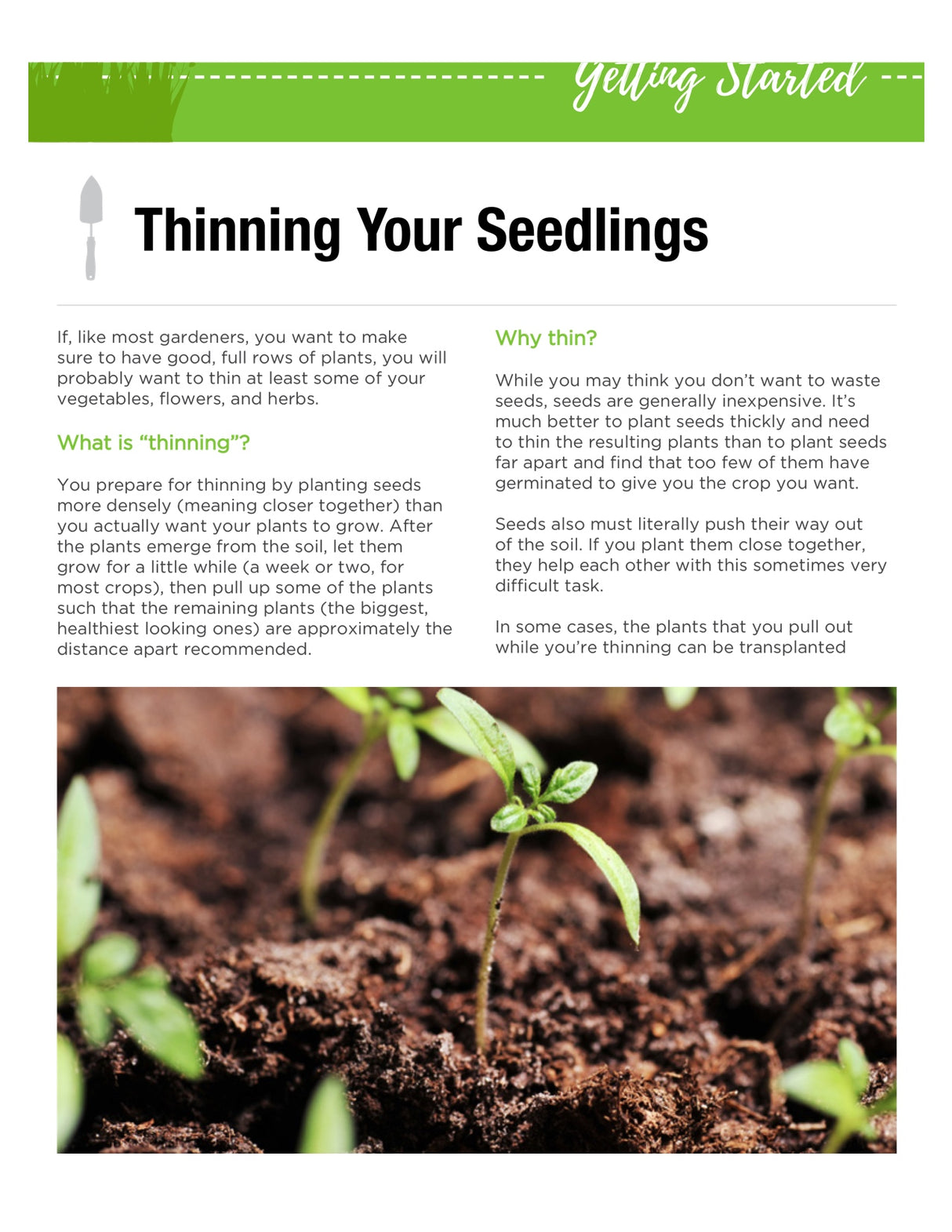Join the seed club today
Your 1st month is FREE w/invite code 👇
Sprouts/Microgreens - Sunflower seeds
From $399 USDUnit price /UnavailableDescription
Baby sunflower micro-greens are delicious! If you've never tried sprouting sunflowers they make a great addition to salads. They are extremely rich in essential nutrients.
Sunflower, All Sorts Surprise Mix Flower seeds
From $499 USDUnit price /UnavailableDescription
Includes a mix of all sorts of different sunflowers! Be surprised as you watch they grow in your garden.
Sunflower, Chocolate Cherry Flower seeds
From $399 USDUnit price /UnavailableDescription
Sunflower, Evening Sun Flower seeds
From $399 USDUnit price /UnavailableDescription
The Evening Sun Sunflower (Helianthus annuus) is a striking annual plant that can enhance any garden with its vibrant colors and unique characteristics. This variety is particularly noted for its multi-colored blooms, which can range from deep red to golden yellow, creating a stunning visual display. The plant typically grows to a height of 5 to 7 feet, making it a prominent feature in garden landscapes.
One of the key benefits of the Evening Sun Sunflower is its ability to attract pollinators. Studies have shown that sunflowers are highly effective at drawing in bees and butterflies, which are essential for the pollination of many garden plants. In fact, a single sunflower can attract up to 20 different species of pollinators, thereby enhancing the biodiversity of the garden ecosystem.
In terms of cultivation, the Evening Sun Sunflower thrives in full sun and well-drained soil. It is recommended to plant seeds after the last frost date, as sunflowers are sensitive to cold temperatures. The seeds should be spaced approximately 12 to 18 inches apart to allow for adequate growth and airflow. Once established, these sunflowers require minimal maintenance, making them an excellent choice for both novice and experienced gardeners.
Furthermore, the Evening Sun Sunflower is known for its resilience. It can tolerate drought conditions once established, which is particularly beneficial in regions with variable rainfall. Research indicates that sunflowers can survive with as little as 1 inch of water per week, making them a sustainable choice for water-conscious gardeners.
In addition to their aesthetic appeal, Evening Sun Sunflowers also have practical uses. The seeds produced by these plants are edible and can be harvested for consumption. They are rich in nutrients, including vitamin E, magnesium, and selenium, contributing to a healthy diet. Moreover, sunflower oil, extracted from the seeds, is widely used in cooking and food production.
Overall, the Evening Sun Sunflower is an excellent addition to any garden. Its vibrant blooms, ability to attract pollinators, and minimal maintenance requirements make it a favored choice among gardeners. By incorporating this plant into your garden, you not only enhance its beauty but also contribute to a healthier ecosystem.
Sunflower, Maximillian Flower seeds
From $499 USDUnit price /UnavailableDescription
The Maximillian Sunflower (Helianthus maximiliani) is a drought-tolerant perennial. Produces a 3"-5" blossom with veined, pointed bright yellow petals around a dark golden center. Grows 3'-10' tall on branching, hairy stems with multiple blooms per stem, and long, narrow, drooping foliage. Bold, robust, and cheerful.
- Life cycle: Perennial
- Bloom season: Summer
- Attracts: Birds, bees, butterflies, and other pollinators
- Flower meaning: Admiration, devotion, happiness, honesty, loyalty, optimism, peace, vitality
SEED PLANTING TIPS
- Botanical name: Helianthus maximiliani
- Hardiness zones: 4-9
- Planting season: Spring, fall
- Days to maturity: 90-100 days
- Cold stratify: Yes
- Depth to plant seeds: 1/2" deep
- Spacing between plants: 36"-48" apart
- Days to germinate (sprout): 7-25 days
- Germination soil temps: 65F-70F
- Soil types: Clay, sandy, loamy, rocky, dry, well-drained
- Soil pH: 6.5-7.8
- Water needs: Low - do not overwater
- Sun needs: Full sun
- Frost tolerant: No
- Drought tolerant: Yes
- Deer resistant: Yes
Sunflower, Sun Gold (Tall) Flower seeds
From $399 USDUnit price /UnavailableDescription

- Giant "Teddy Bear" type sunflower
- Seven to eight inch bold yellow flowers
- Plants grow to 6 feet tall
- Easy to grow
- Giant "Teddy Bear" type sunflower
Sunflower, Sunspot (Dwarf) Flower seeds
From $399 USDUnit price /UnavailableDescription
The Sunspot (Dwarf) sunflower, scientifically known as Helianthus annuus, is a popular choice among gardeners seeking to add vibrant color and visual interest to their outdoor spaces. This particular variety is characterized by its compact growth habit, typically reaching heights of 12 to 24 inches, making it ideal for smaller gardens or container planting.
One of the most notable features of the Sunspot sunflower is its large, round flower heads, which can measure up to 8 inches in diameter. These striking blooms are composed of bright yellow petals surrounding a central disc filled with seeds, attracting a variety of pollinators, including bees and butterflies. In fact, studies have shown that sunflowers can increase pollinator activity in gardens by up to 50%, enhancing the overall biodiversity of the area.
In terms of cultivation, the Sunspot sunflower thrives in full sun and well-drained soil, preferring a pH level between 6.0 and 7.5. It is essential to provide adequate spacing, typically 12 to 18 inches apart, to allow for proper air circulation and growth. The Sunspot sunflower is also known for its resilience, exhibiting a tolerance to drought conditions once established, which can be beneficial in regions with variable rainfall.
From a nutritional perspective, the seeds produced by the Sunspot sunflower are rich in essential fatty acids, protein, and various vitamins and minerals. They can be harvested for consumption or left in the garden to provide food for birds during the winter months. Approximately 30% of the seed's weight is composed of oil, making it a valuable crop for both ornamental and agricultural purposes.
In addition to their aesthetic and ecological benefits, Sunspot sunflowers can also serve as effective companions in vegetable gardens. Their tall, sturdy stems can provide support for climbing plants, while their presence can deter certain pests. Research indicates that planting sunflowers alongside crops such as tomatoes and peppers can reduce pest populations by up to 20%, promoting healthier plant growth.
In summary, the Sunspot (Dwarf) sunflower is a versatile and beneficial addition to any garden. Its compact size, striking appearance, and ability to attract pollinators make it an excellent choice for both novice and experienced gardeners.
Sunflower, Velvet Queen Flower seeds
From $299 USDUnit price /UnavailableDescription
The Velvet Queen Sunflower (Helianthus annuus) is a striking annual plant known for its vibrant, deep red to burgundy petals and dark centers. This variety is not only visually appealing but also serves as a valuable addition to any garden, attracting pollinators such as bees and butterflies. Understanding the optimal conditions and care required for growing Velvet Queen Sunflowers can enhance your gardening experience and yield impressive results.
To begin, it is essential to select an appropriate location for planting. Velvet Queen Sunflowers thrive in full sun, requiring at least six to eight hours of direct sunlight each day. The soil should be well-draining, rich in organic matter, and have a pH level between 6.0 and 7.5. A soil test can provide valuable insights into nutrient levels and pH, allowing for necessary amendments before planting.
Planting should occur after the last frost date in your area, as these sunflowers are sensitive to cold temperatures. Seeds can be sown directly into the garden bed or started indoors and transplanted later. When sowing seeds, plant them approximately 1 inch deep and spaced 12 to 18 inches apart to allow for adequate growth. If starting indoors, transplant seedlings when they are about 6 inches tall and have developed a few sets of true leaves.
Discover the beauty of Sunflower Velvet Queen Flowers in your garden. With its vibrant colors and easy-to-grow nature, you can enjoy 100% success rate in a variety of climates. Perfect for adding a touch of cheer and elegance to any outdoor space.

🌱 Featured Seed Shop Collections
View all... continue shopping!
🔥 Trending Now
View all🪴 Essential Supplies -&- More
View allGet this month's seeds kit for FREE w/any-size order. INCLUDES: Organic indoor seed starting soil pod + seeds + planting instructions/grow guides. View this month's free gift
We want everyone to be successful growing their own sustainable organic vegetable garden. We created this Organic Gardening Grow Guides eBook ... and we're giving it away - for FREE! This eBook includes absolutely everything you need to know --- seed-to-harvest!


































































































![Tomato - Roma [DETERMINATE].](http://littleurbanhomestead.seedsnow.com/cdn/shop/products/page_11ef2f51-0b6b-4a7d-b33d-637d734ba4ff.jpg?v=1772331278&width=1214)
![Tomato - Roma [DETERMINATE].](http://littleurbanhomestead.seedsnow.com/cdn/shop/products/700xRoma.jpg?v=1681985574&width=1214)
![Tomato - Roma [DETERMINATE].](http://littleurbanhomestead.seedsnow.com/cdn/shop/products/700xshutterstock_153520517.jpg?v=1681985574&width=1214)
![Tomato - Roma [DETERMINATE].](http://littleurbanhomestead.seedsnow.com/cdn/shop/products/700xshutterstock_89180581.jpg?v=1681985574&width=1214)
![Tomato - Roma [DETERMINATE].](http://littleurbanhomestead.seedsnow.com/cdn/shop/products/roma_tomato_seeds.jpg?v=1681985574&width=1214)




